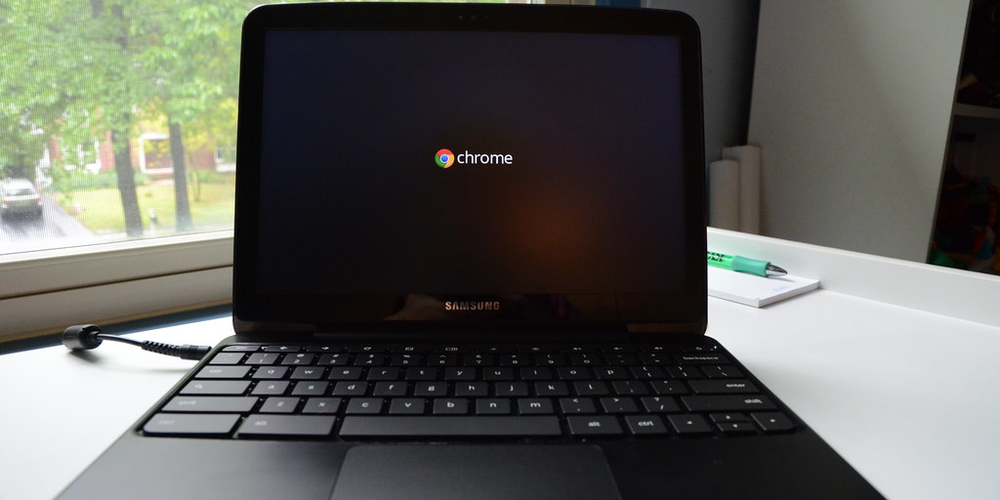Google Pushes Accessibility Boundaries with New Chromebook and Drive Features
- May 16, 2024
- 1505

May 16, 2024, marks the 13th annual Global Accessibility Awareness Day (GAAD), and Google is stepping up its commitment to digital inclusion like never before. In a move that highlights the tech giant's dedication to improving accessibility, Google has announced a series of new features for Chromebooks and Google Drive. These updates aim to make digital tools more usable for over one billion individuals living with disabilities worldwide. Last year's updates were impressive, but this year's enhancements promise to take accessibility to a new level.
Google's accessibility blog recently unveiled exciting upgrades coming to Chromebooks. Known for their built-in screen readers like ChromeVox and Select to Speak, Chromebooks are about to become even more user-friendly. In the coming weeks, users will find it easier to navigate using the screen magnifier, ensuring they don’t lose their place while using Select to Speak. Additionally, Google will introduce options to change the mouse cursor size and disable the blinking text cursor, providing a more customized and comfortable user experience.
The focus on accessibility isn’t limited to Chromebooks. Google Drive has also seen substantial updates, making it easier for users with disabilities to manage their files. One of the standout features is first-letter navigation, introduced in late April. This allows users to jump to specific files by typing the first letter of the file name, similar to navigation in Windows' File Explorer and macOS's Finder. Moreover, the much-anticipated dark mode is now available in Drive, making it easier on the eyes and more accessible for those with visual impairments.
Adding to the significance of these updates is Google's partnership with InAble, an organization dedicated to empowering people with disabilities in Africa. Last year, Google donated 480 Chromebooks to schools for students who are blind or have low vision in Kenya, and also funded a new computer lab in the village of Kairi. These initiatives highlight Google's dedication to ensuring technology is accessible to all, no matter their location or situation.
These updates are part of a broader trend within Google to enhance accessibility across all its platforms. With Android 14 having introduced new accessibility features, and Android 15 rumored to bring even more enhancements, it’s clear that Google is dedicated to making its products as inclusive as possible. As we honor Global Accessibility Awareness Day (GAAD), it's encouraging to witness leading tech companies such as Google actively working to ensure that digital tools are accessible to everyone, fostering a more inclusive digital world.